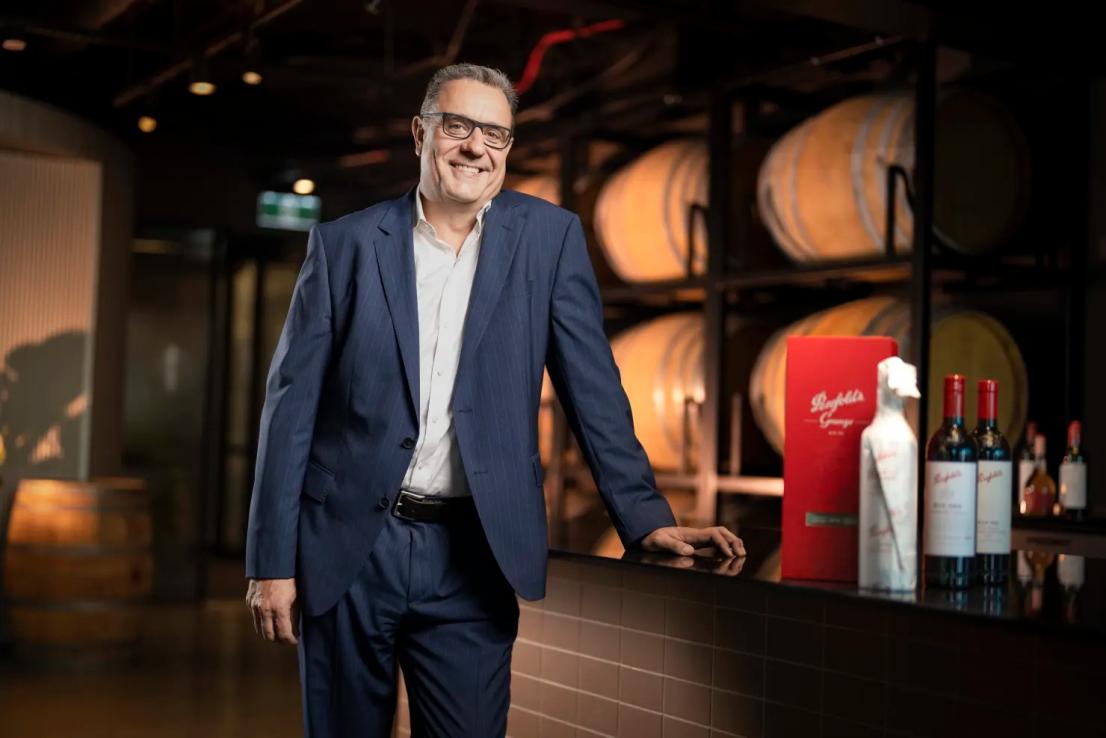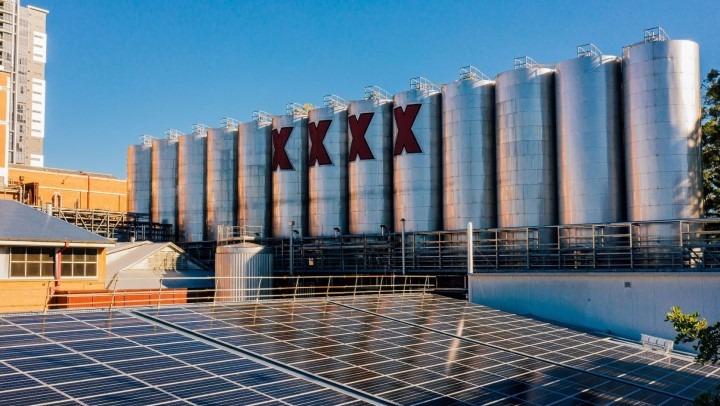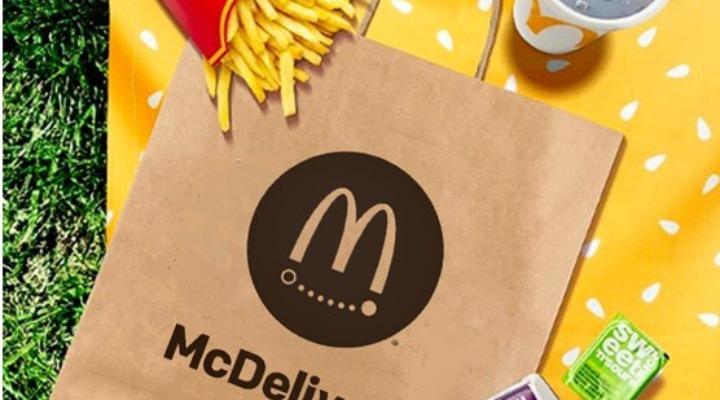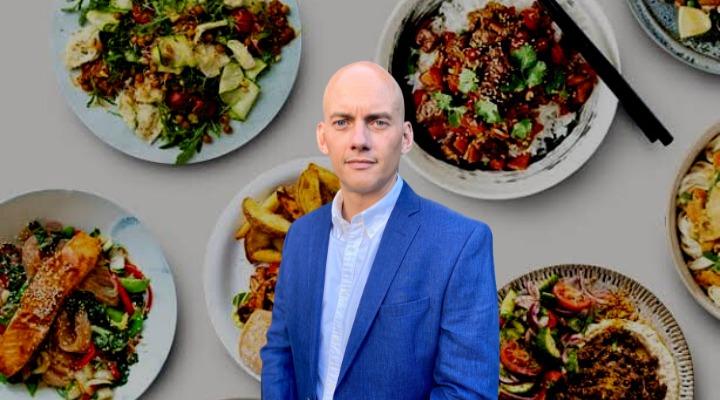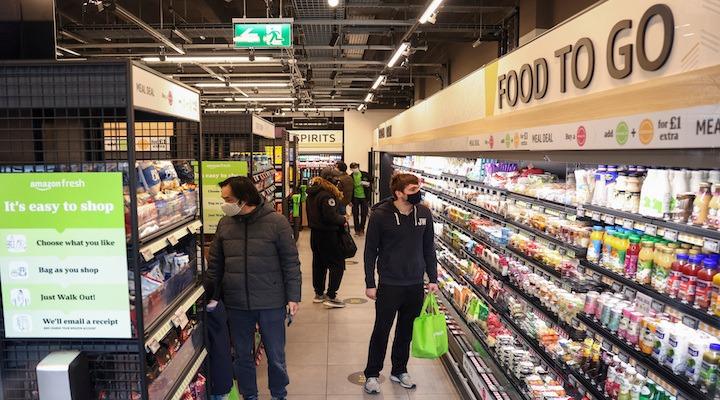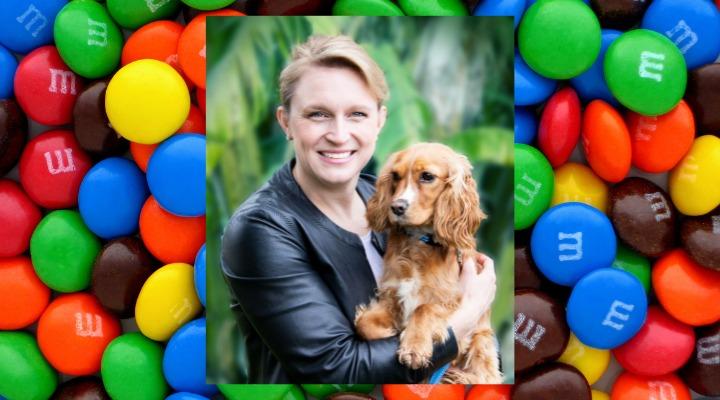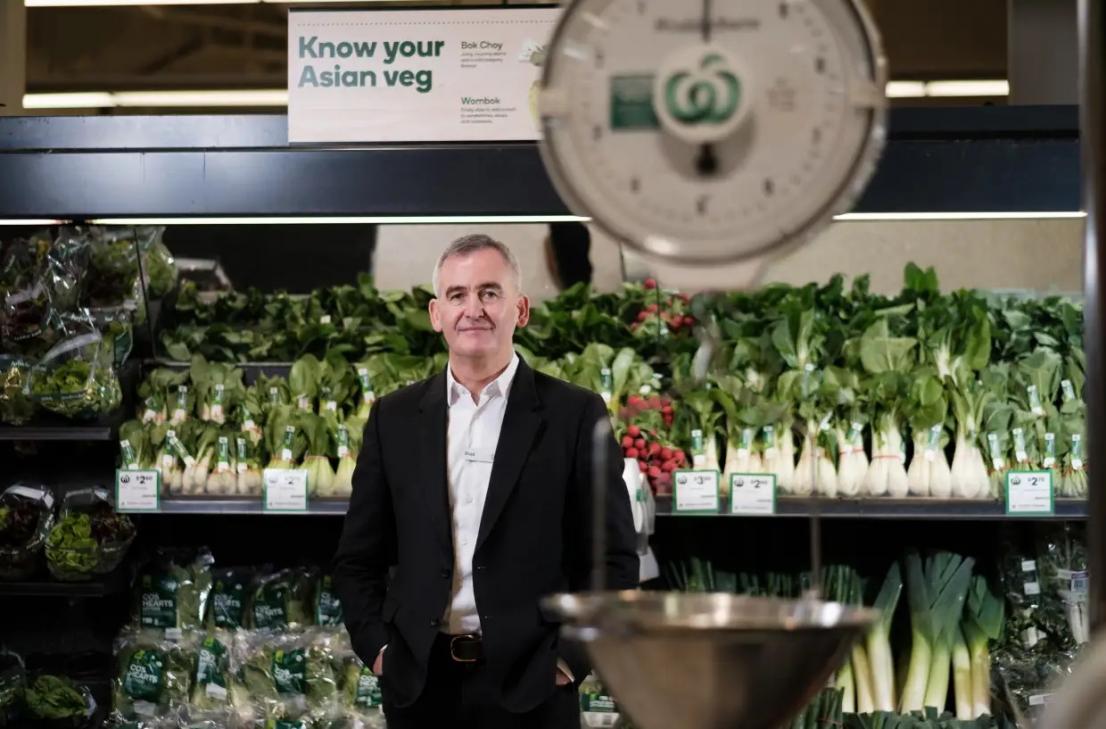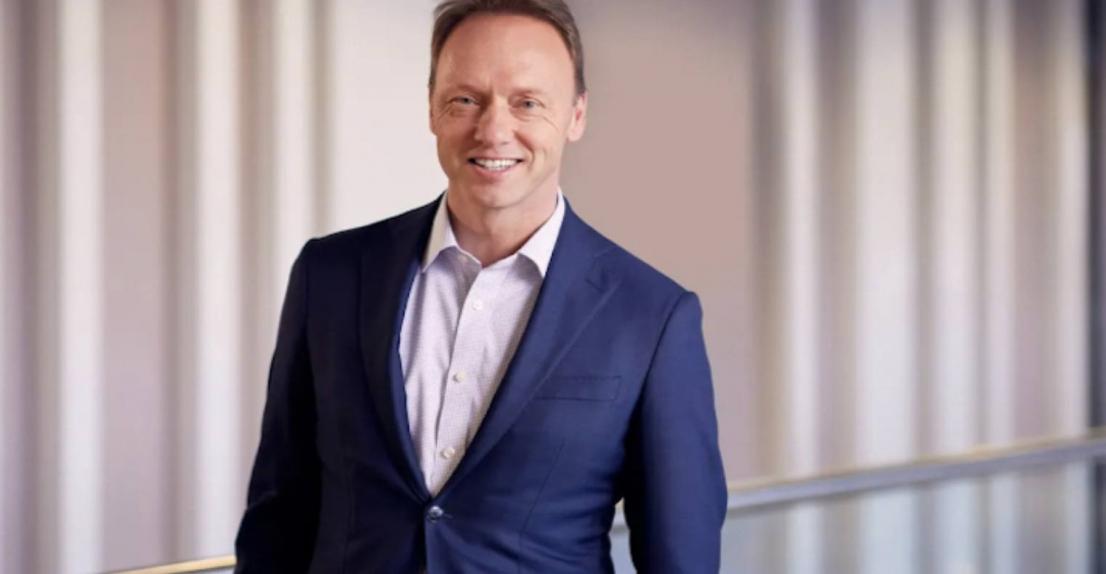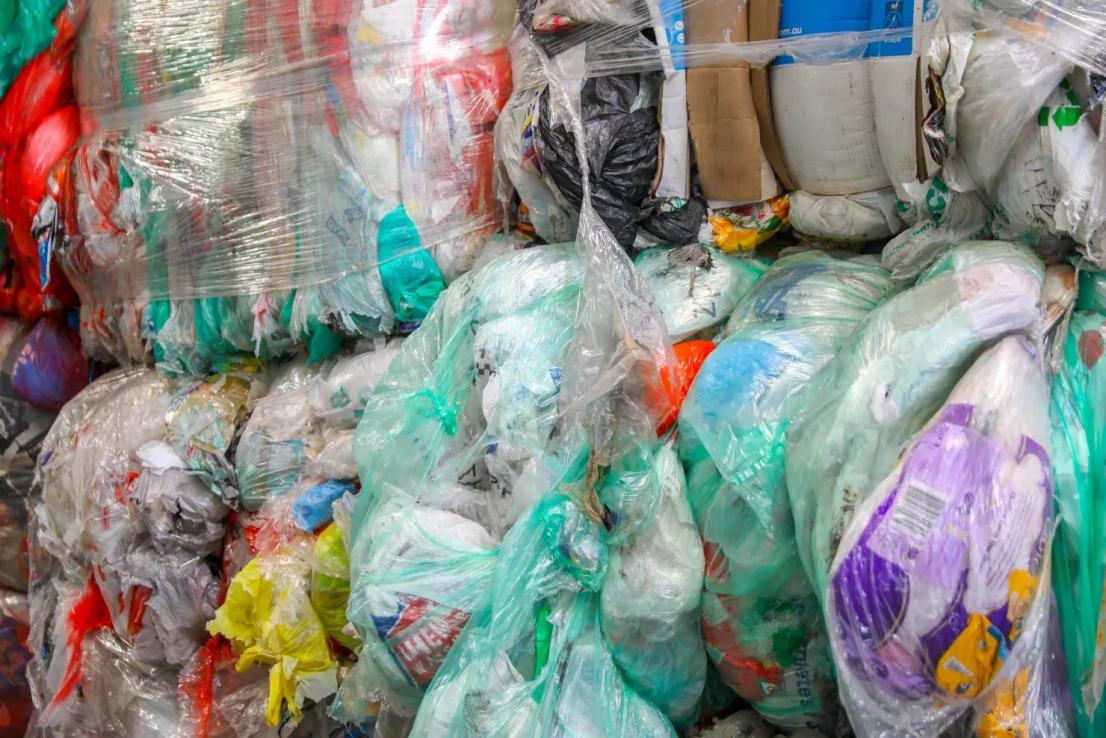
Coles and Woolworths have been ordered to dump more than 5200 tonnes of soft-plastic waste into landfill from their failed national recycling scheme.
The NSW environment watchdog issued “clean-up orders” to the supermarket giants for 15 warehouses and storage depots around the state where soft plastics have been stockpiled by REDcycle, the Melbourne-based business responsible for running the national recycling scheme.
The removal and disposal of the stockpiled soft plastic is expected to cost the supermarket chains at least $3.5 million.
Coles and Woolworths have six days to contest the notices issued by the NSW Environment Protection Authority.
A Coles spokesperson said the company was disappointed to learn of the notice but would respond within the timeframe. A Woolworths spokesperson said the notice was a surprise, adding it would seek clarity from NSW’s EPA.
The order is a blow for the once-lauded recycling program run on behalf of the supermarkets, which claimed to have diverted more than 5 billion pieces of soft plastic from landfill over the last decade.
“Thousands of customers diligently collected soft plastics and dropped them into their local supermarket’s collection bin because they trusted their waste would be diverted from landfill and recycled,” NSW EPA chief executive Tony Chappel told The Age and The Sydney Morning Herald.
“The extent of soft-plastic waste sitting in warehouses across NSW is very concerning, and I know customers will be disappointed.”
The EPA and Fire Rescue NSW are concerned about the potential threat from fire posed by stockpiles across 11 local government areas that have been classified as “high-risk” but have not indicated where those stockpiles are.
“These stockpiles are stored from the floor to the ceiling, blocking entryways and preventing adequate ventilation with the soft plastic estimated to fill about three and a half Olympic-sized swimming pools,” Chappel said.
“To protect our communities and environment, these materials need to be removed to reduce the risk of a fire.”
The EPA gave the supermarkets three options: to dispose of the waste in landfill; to export it internationally; or to reprocess the plastic.
However, no country will accept the import of contaminated soft plastics and there is no facility anywhere in Australia capable of recycling the quantity of soft plastics stored by REDcycle.
The EPA is working with watchdogs in other parts of Australia to take a coordinated approach to the crisis, paving the way for similar notices to be issued in other states.
It remains unclear whether Coles and Woolworths will seek to recoup any costs of the clean-up from REDcycle, which the chains already paid for collection and recycling of the materials.
New stockpiles of plastic linked to REDcycle continue to be discovered in NSW, Victoria and South Australia after investigations by state environmental regulators.
Four new warehouses filled with soft plastics have been found in Melbourne since last Friday.
REDcycle was claiming these materials had been transformed into new products such as shopping carts, bollards, and garden bed planting kits, or used as additives in asphalt.
Nearly 12,400 tonnes have now been located in 32 locations across the three states. It is the equivalent of more than 1000 semi-trailer truckloads.
There are nearly 3200 tonnes of waste across 14 sites in Victoria, 3900 tonnes in South Australia, and 5200 tonnes in NSW.
The EPA estimates some of the stockpiles in NSW are at least three years old.
REDcycle previously claimed it was recycling up to 7000 tonnes of soft plastics a year that had been collected from nearly 2000 supermarkets around the country. But how much plastic REDcycle has actually recycled remains an open question.
In November, REDcycle and the supermarket giants halted the high-profile program after The Age and the Herald revealed the soft plastics that were being collected had been secretly diverted to storage instead of being recycled.
The mastheads later revealed the program began to fail in 2018 as it struggled to meet a massive surge in demand after it was rolled out nationwide, but the public was never informed about the problems.
After the program’s suspension, REDcycle issued strident public denials it had been engaged in large-scale, long-term stockpiling, or misleading the public about its operations.
“REDcycle has had to take the unwanted but necessary step of holding stock in warehouse storage facilities temporarily,” a media statement said in early November.
These claims were undermined just weeks later, in early December, when environment regulators uncovered more than 7600 tonnes of plastic hidden in warehouses in three states.
In a statement late on Friday afternoon, REDcycle said it “remains committed to continuing our important work and in reinstating our soft plastics recycling program”.
“We have been in intensive roundtable discussions with our industry stakeholders and funding partners to explore a range of long-term and sustainable solutions following the halting of the program late last year due to supply chain disruptions.”
In Victoria, REDcycle is facing criminal charges for refusing to disclose information about its operations to the EPA.
Meanwhile, in a bid to respond to the crisis, REDcycle has been quietly developing a controversial plan that would permit the company to legally stockpile thousands of tonnes of plastics at a property near the rural Victorian town of Ararat until a recycling solution can be developed.
Sources familiar with the proposal who requested not to be named said that REDcycle wants to store the unprocessed plastic stockpiles inside hundreds of steel shipping containers while it tries to develop a financially viable processing program.
Its former major recycling partner, Close the Loop, lost any ability to process soft plastics into asphalt additives following a fire at its facility in June 2022. While Close the Loop plans to be back in operation in mid-2023, it would only be able to process a small portion of the stockpiles REDcycle has created nationwide.
REDcycle is also facing an existential threat from a lawsuit seeking to have the business declared insolvent over an allegedly unpaid $200,000 debt to a NSW transport firm.
BTG Logistics launched the action in the NSW Supreme Court against RG Programs & Services Pty Ltd, which trades as REDcycle, after it stopped paying for the storage of 660 tonnes of plastic.
“They’ve been given ample warnings to come to the table before this happened and they chose to ignore it,” owner Anthony Chapple said.
“Obviously their stock has no value as it’s rubbish so it will cost me about another $250,000 to dump the stock in landfill.”
An order by the court placing REDcycle into external administration would likely signal the total collapse of its nationwide operations, pushing responsibility for the plastic stockpiles onto logistics and storage companies that were contracted by REDcycle to hold the material.
It could also force state governments to intervene to pay for the clean-up to ensure there is no threat of environmental contamination or risk to public safety from the abandoned stockpiles.



